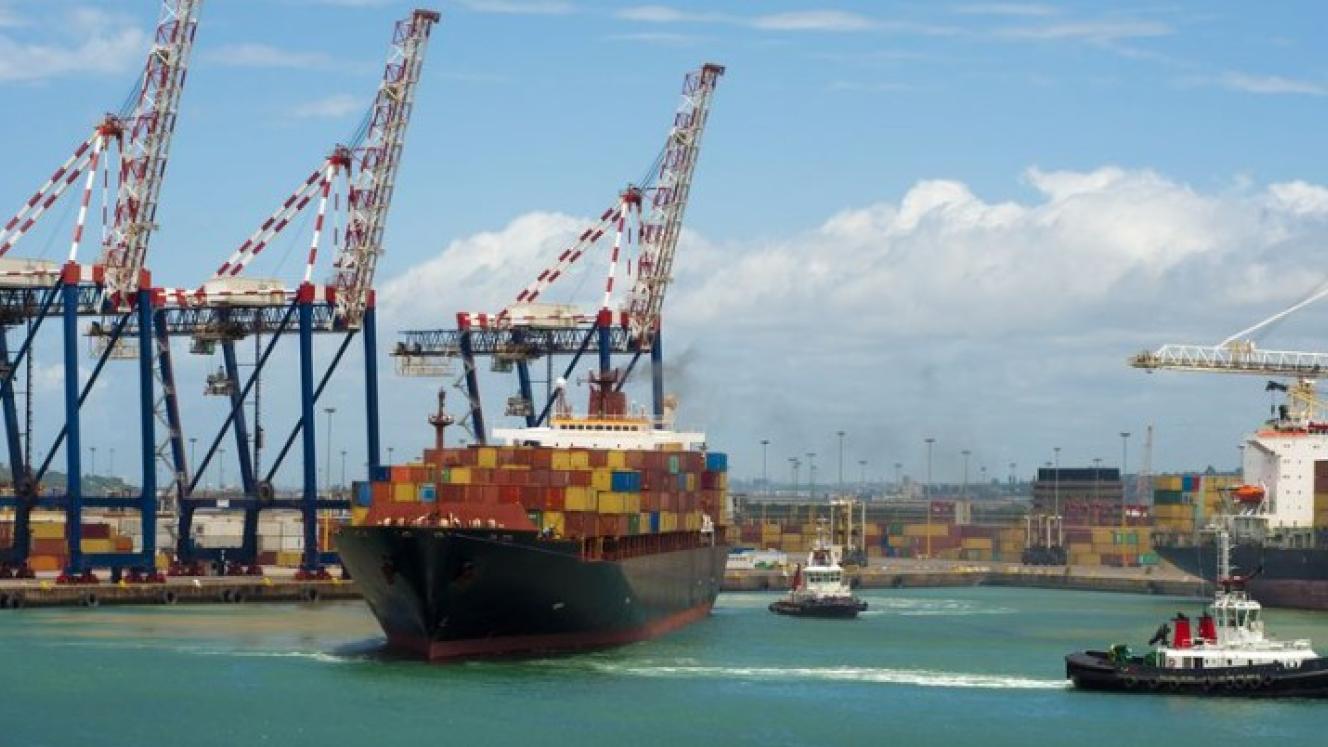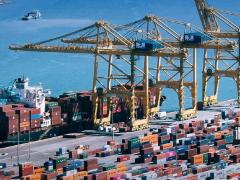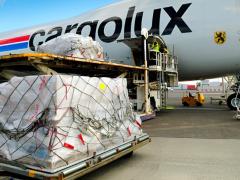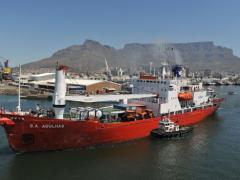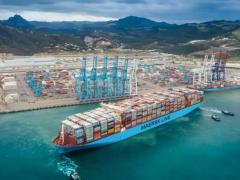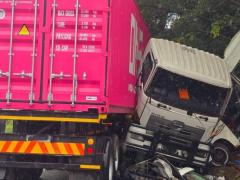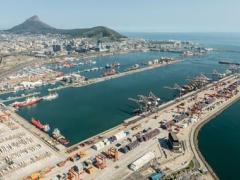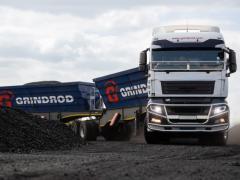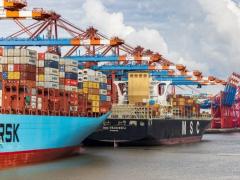South Africa’s auto manufacturers and suppliers are facing myriad challenges, including stricter EU emissions regulations and looming hefty US tariffs, but the government is committed to retaining jobs in the sector.
President Cyril Ramaphosa, writing in his weekly newsletter on Monday after attending the launch of BMW’s new X3 plug-in hybrid at its Rosslyn plant, said the government was working to attract additional production to the country, while protecting existing jobs was “paramount”.
“Since the first assembly plants were established in the Eastern Cape in the 1920s, the auto industry has grown to become the largest manufacturing sector in the country. South Africa’s role in global vehicle manufacturing has expanded and grown,” said Ramaphosa.
“Auto companies like Toyota, Ford, Nissan, Volkswagen, BMW and Mercedes-Benz have plants here in our country that produce vehicles for the local market and for export to many other countries in the world. A number of these companies continue to expand their investments in our country.”
The sector supports more than 115 000 direct manufacturing jobs and more than 500 000 across the value chain, contributing approximately 5.3% to GDP.
However, Ramaphosa said the industry was under growing pressure.
“The introduction of stricter vehicle emissions regulations in leading export destinations such as the European Union, as well as new tariffs from the United States, are expected to have a significant impact on the sector.
“With exports currently accounting for approximately two-thirds of local vehicle production, it is critical that we strengthen the sector to not only overcome current headwinds but to ensure its long-term sustainability.”
He said the shift from internal combustion engines to hybrid and electric vehicles (EV) meant green mobility was increasingly important for automotive manufacturers.
“Government support to the car manufacturing industry through the Automotive Production and Development Programme will position South Africa as a key global manufacturing base for vehicles of the future. This isn’t just critical to the sustainability of the sector, but to growing the workforce and skills of the future. BMW, for example, has a training academy that focuses on competencies like EV assembly and robotics,” Ramaphosa said.
“We are working to ensure that more production takes place locally, creating more employment. To do this, we must upskill our workforce and facilitate the creation of new companies across the value chain.
“Protecting existing jobs in the sector is paramount, particularly in the light of the looming US tariffs. The need to diversify our export base has become all the greater. We are committed to working with the sector to expand its continental footprint, building on the already strong growth of exports to the SADC region and leveraging the trade relationships that exist.”

